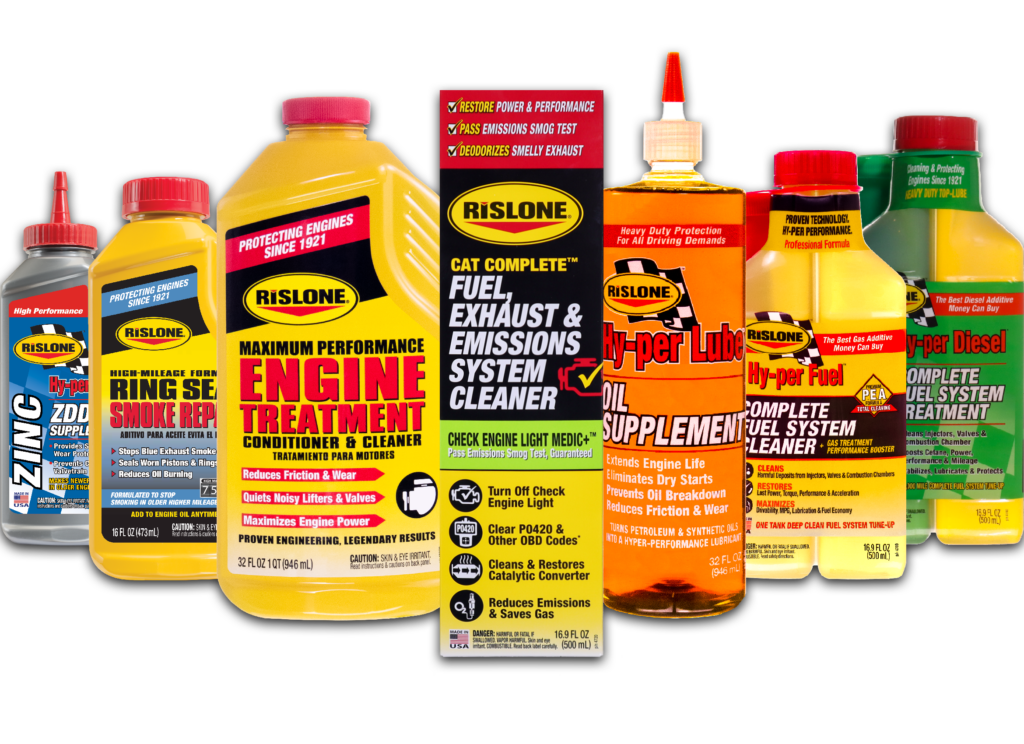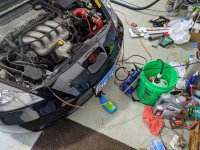I own a fairly good condition (130K miles roughly) 2000 Toyota Celica GTS (the Yamaha 2ZZ-GE) and it's time for the yearly oil change. I've been using 5W-40 in it for many years, switching between Mobile1, Valvoline MaxLife blend, and more lately Valvoline 5W-40 Synthetic MST or the other 3 letter one (I'll look at the bulk box tomorrow at work) with Purolator PureOne filter. I have a beginner auto-cross class coming up and it's oil change time before I go, I skipped the oil change last year because I barely drove, it's definitely due now! Due to some logistical constraints I'll be doing this oil change at home (and sucking through the dipstick tube, low car+lazy owner) so I'm supplying my own oil instead of using what's at work.
My question is a 2-parter.
1st, what's a good choice for 5-6K OCI's on a high revving 4 cylinder with metal on metal valve train parts? I drive it joyfully and with as much spirit as is legal, I love this car and love driving it. I've found it's much quieter with 5W-40 when idling fully hot, it helps dull some lock pin rattle from the intake VVT sprocket. It's had some UOA's in the past from Blackstone but I've fallen out of the habit the past few years, everything has historically looked great no matter what oil I had used. I have an Advance Auto within walking distance of my house so something I can grab there would be great.
2nd, HyperLube...I read good things about it here at 1oz per qt and I suspect it would be good for the sintered steel slippers that ride on the high lift lobes at cam change over in the 2ZZ. However I'm worried about windage being that it's a high revver that gets highly revved. I think driving Tail of the Dragon a couple years back the engine didn't see below 2000 RPM almost 40 minutes non stop. My understanding is that HyperLube won't change the viscosity of the oil and so it shouldn't cause problems with crank windage, correct?
From browsing here it seems like there's a little bit of knowledge about the 2ZZ but for a refresher it's an aluminum alloy block with Metal Matrix Composite cylinder liners and a 2 stage valve lift system where at high RPM the cam lobes are switched to a very aggressive lift and duration via a hydraulic locking mechanism switching from roller followers to sintered steel slippers that ride on the cam lobes. The whole valve train is continually fed oil through a steel tube mounted to the valve cover with squirt holes over each set of lobes on each cam, cams are turned via timing chain and the intake camshaft also has VVT. Oil is pretty important for the valve train, the bottom end of the engine isn't anything too out of the ordinary as far as I'm aware beyond issues with oil starvation above 1G lateral (which I am hopefully below but I do have sticky tires and some suspension on it).
My question is a 2-parter.
1st, what's a good choice for 5-6K OCI's on a high revving 4 cylinder with metal on metal valve train parts? I drive it joyfully and with as much spirit as is legal, I love this car and love driving it. I've found it's much quieter with 5W-40 when idling fully hot, it helps dull some lock pin rattle from the intake VVT sprocket. It's had some UOA's in the past from Blackstone but I've fallen out of the habit the past few years, everything has historically looked great no matter what oil I had used. I have an Advance Auto within walking distance of my house so something I can grab there would be great.
2nd, HyperLube...I read good things about it here at 1oz per qt and I suspect it would be good for the sintered steel slippers that ride on the high lift lobes at cam change over in the 2ZZ. However I'm worried about windage being that it's a high revver that gets highly revved. I think driving Tail of the Dragon a couple years back the engine didn't see below 2000 RPM almost 40 minutes non stop. My understanding is that HyperLube won't change the viscosity of the oil and so it shouldn't cause problems with crank windage, correct?
From browsing here it seems like there's a little bit of knowledge about the 2ZZ but for a refresher it's an aluminum alloy block with Metal Matrix Composite cylinder liners and a 2 stage valve lift system where at high RPM the cam lobes are switched to a very aggressive lift and duration via a hydraulic locking mechanism switching from roller followers to sintered steel slippers that ride on the cam lobes. The whole valve train is continually fed oil through a steel tube mounted to the valve cover with squirt holes over each set of lobes on each cam, cams are turned via timing chain and the intake camshaft also has VVT. Oil is pretty important for the valve train, the bottom end of the engine isn't anything too out of the ordinary as far as I'm aware beyond issues with oil starvation above 1G lateral (which I am hopefully below but I do have sticky tires and some suspension on it).



